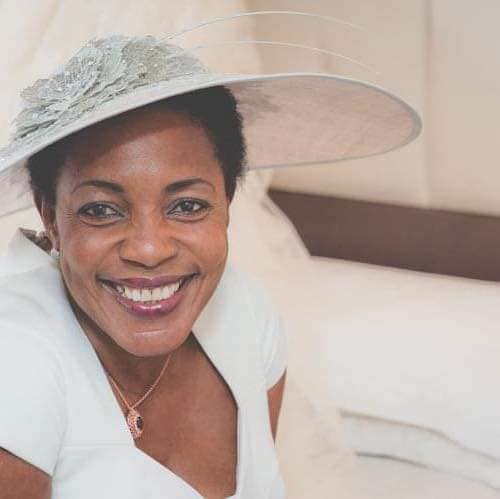Zambia’s parliament has elected its first female speaker, days after new President Hakainde Hichilema began shaking up the government by firing security commanders and promising economic reforms.
In August the long-time opposition leader was elected after campaigning to break with the past.
Since his inauguration on Aug. 24, Hichilema has tried to show a difference from former president Edgar Lungu’s regime by allowing media houses that had been closed to re-open, assuring people of their freedoms and promising to deal with the country’s debt crisis.
On Friday, the parliament, where Hichilema’s United Party for National Development party now holds a majority, elected Nelly Mutti as the country’s first female speaker.
Mutti, a human rights lawyer and a former chairwoman of the country’s anti-corruption commission, will have the job to preside over a parliament where the ruling party still needs the cooperation of opposition members of parliament to make constitutional changes.
Hichilema, who has promised a “new dawn,” fired several military, police and prisons commanders just days into his rule. The opposition and civil society groups have long accused the former government of using security apparatus to perpetrate violence and arrest critics.
Hichilema was arrested multiple times under the former government, including detention on treason charges that were later dropped.
He appointed Kuyomba Bwalya, one of his jail guards when he was detained on treason charges, as deputy-commissioner-general of Zambia Correctional Services.
“He was my boss, today he is being sworn in by one of his detainees,” said Hichilema of the appointment, asking the new prison commanders to reform the country’s jails.
“I am a graduate of that institution and I am fully aware of what goes on in that institution … As a graduate there I know that a cell meant for 20 people holds 170 of us,” he said.
However, the copper-rich country’s economy remains the biggest challenge for the wealthy 59- year old businessman and opposition leader since 2006.
Zambia recorded economic progress for more than a decade and achieved middle-income status in 2011, but now the country is beset by high inflation, high debt and allegations of corruption.
The COVID-19 pandemic hurt the already stuttering economy even further. Lockdown measures pushed Zambia into its first recession since 1998 and the economy contracted by 1.2%, according to the World Bank.
An easing of the lockdown measures in the latter part of 2020 and the global rise in copper prices resulted in some recovery, although inflation reached a high of 22% in February this year, according to the World Bank.
Admitting to his administration’s challenge “to revive an economy in tatters,” Hichilema has tried to placate creditors. Creditors “need not worry” because “Bally will pay,” he said in a recent tweet, referring to his popular nickname and part of his campaign slogan.
He has appointed Situmbeko Musokotwane, a former International Monetary Fund advisor who has working experience in the country’s treasury, as finance minister.
On the political front, Hichilema’s work is cut out.
His inauguration marked the third time that power has peacefully shifted to opposition parties in Zambia since the first multi-party elections in 1991, cementing the country’s proud history of regular, relatively credible elections and peaceful transfers of power.
But fears of a reversal of those gains emerged under his predecessor whose administration was dogged by allegations of corruption and human rights abuses manifested through the closure of some media houses, increased restrictions, detention of critics such as Hichilema and deployment of the military ahead of elections.
Now he has the task of uniting a country of 18 million people with several political and ethnic divisions that were heightened during the election period.




